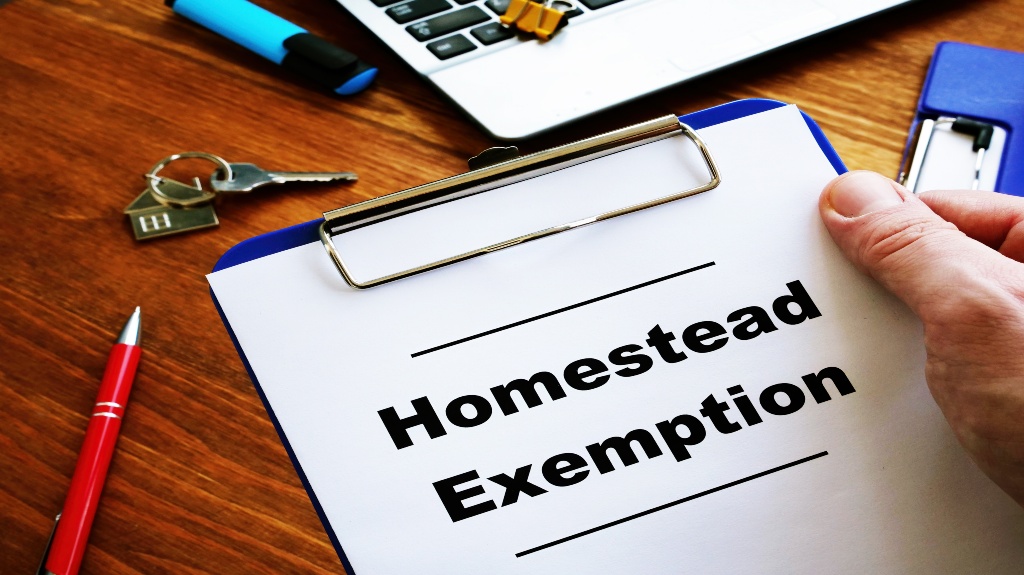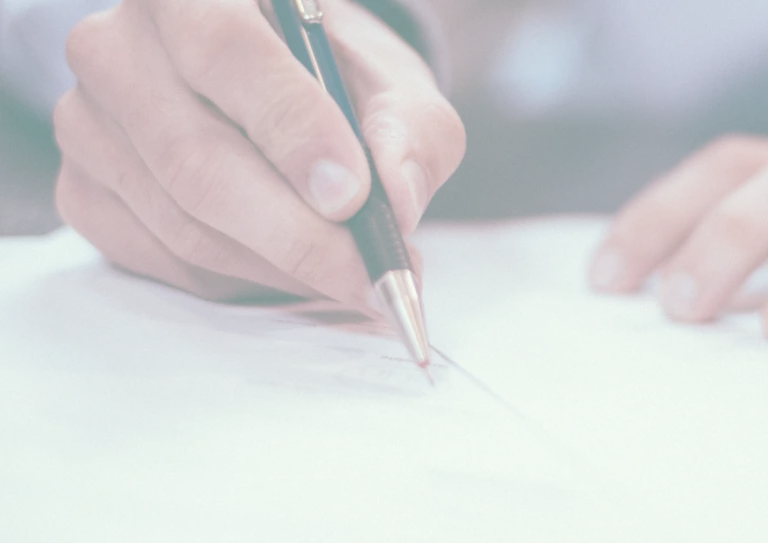Filing for bankruptcy can be a stressful process, especially when your home is on the line. A homestead exemption is a law that protects a portion of your home’s value from being taken away by creditors or during the bankruptcy process. This helps ensure you can keep your home even if you are having financial issues. In Georgia, this protects up to $21,500 of equity in a single household or up to $43,000 for a married couple. In this blog, we will explore the impact of Georgia’s homestead exemption on your bankruptcy case to help you navigate this process more effectively.

Understanding Georgia’s Homestead Exemption
Georgia’s homestead exemption can be claimed by filing for it in your bankruptcy case. Meaning, that when you file for bankruptcy, you can protect a portion of your home’s equity from being used to pay off debts. Whether it’s Chapter 7 or 13 Bankruptcy, it is essential to understand how to apply this exemption to your case.
How the Homestead Exemption Affects Chapter 7 Bankruptcy
The goal of Chapter 7 bankruptcy is to discharge most of your unpaid debts like credit card balances and medical bills. Georgia’s homestead exemption can provide a significant amount of protection for your home when you are filing for Chapter 7. The home equity amounts from the homestead exemption can allow you to keep your home even while filing for Chapter 7 as long as your home does not surpass the exemption limits. When the equity in your home surpasses the exemption limit, you could potentially keep the home if you can pay the trustee the amount exceeding the exemption limit, or the trustee may decide to sell the home, use the proceeds to pay creditors, and give you the exempted amount.
The Role of the Homestead Exemption in Chapter 13 Bankruptcy
With Chapter 13 bankruptcy individuals with regular income are given a court-approved repayment plan to help restructure their debts. Georgia’s homestead exemption can influence how much you need to repay in your payment plan developed for you during Chapter 13. The exemption keeps your home’s equity safe from creditors as long as you stick to your repayment plan. This allows you to keep your home and handle its equity while reorganizing your debts.
Who Qualifies for the Homestead Exemption in Georgia?
To qualify for Georgia’s homestead exemption, you must meet the following criteria:
- Residency Requirement: The homestead exemption is specifically for those who live in Georgia.
- Primary Residence: The property you are claiming the exemption must be your primary residence. This means you live in the home full-time, and it is what you consider your main place of living.
- Ownership of Property: The exemption only applies to property that you own, not to properties that you lease or rent.
Reach Out to an Experienced Bankruptcy Attorney in Georgia
Georgia’s homestead exemption can allow you to keep your home, even when filing for bankruptcy. By being familiar with how this exemption can affect your bankruptcy case, you can make more informed decisions and manage your property effectively. For personalized guidance on how Georgia’s homestead exemption impacts your bankruptcy case, consider reaching out to a bankruptcy attorney or legal advisor who specializes in Georgia bankruptcy law. Duncan & Brow proudly serves multiple locations in Georgia with Chapter 7 and Chapter 13 Bankruptcy services. Contact the law office of Duncan & Brow, Attorneys at Law, LLLP, today and speak with a member of our legal team.


